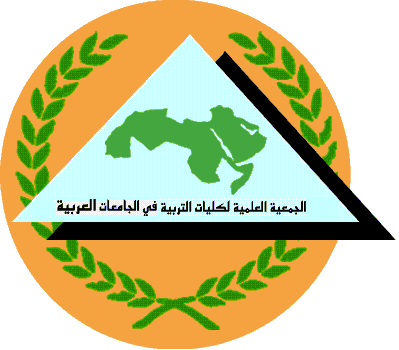Association of Arab Universities Journal for Education and Psychology

Abstract
The field of psychological assessment is undergoing radical change, perhaps even a distinct paradigm shift in the psychological literature. Traditionally, evaluation has focused on collecting accurate data for use in clarifying diagnoses and developing treatment plans. While these goals are largely retained, the new approaches also emphasize the therapeutic impact that affects assessment can have on clients and other important people in their lives. Accumulated Evidence over the past 20 years suggests that this effect could be significant based on a meta-analysis or meta-analysis study of outcomes that investigates the therapeutic effect that evaluation can have. Psychology also needs to reconsider training and evaluation to incorporate methods that emphasize their therapeutic value. Even psychological and educational care institutions need to re-evaluate service delivery in light of the effectiveness of new methods; Counselors or therapists conduct clinical evaluation of their practical procedures in their therapeutic or counseling interventions within these various programs, in order to obtain clinical information about clients, and implement clinical judgments in their programs to enhance the intervention procedure. Therapeutic assessment is a collaborative assessment method that differs from the medical model. It is a “semi-structured form of therapeutic assessment. In other words, the assessment process relies on the evaluator-client relationship to systematically answer referral questions, which are also developed collaboratively. The advantage of this assessment method is that clients appear to have life-changing experiences as a result of the psychological assessment. Clients who are an integral part of the psychological evaluation have more profound experiences than those who are not. This research highlights the development of the approach to evaluating therapeutic interventions in light of evidence-based practice, examines its empirical support, discusses how evaluation can produce therapeutic change, summarizes the therapeutic evaluation approach and its forms, strategies, advantages, disadvantages and evidence based on its effectiveness, and finally presents the research An objective vision for evaluating and evaluating school psychological counseling programs, with a presentation of some proposals to improve the quality of evaluation of counseling and therapeutic interventions in our educational institutions.This research highlights the development of the approach to evaluating therapeutic interventions in light of evidence-based practice, examines its empirical support, discusses how evaluation can produce therapeutic change, summarizes the therapeutic evaluation approach and its forms, strategies, advantages, disadvantages and evidence based on its effectiveness, and finally the research presents an objective vision for evaluating and assessing school psychological counseling programs, with a presentation of some proposals to improve the quality of evaluation of counseling and therapeutic interventions in our educational institutions.
Recommended Citation
alaasemy, reyad Professor of Psychotherapy
(2024)
"Clinical evaluation approach to school counseling programs in light of evidence-based practice نهج التقييم الاكلينيكي لبرامج الإرشاد المدرسي في ضوء الممارسة القائمة على الأدلة,"
Association of Arab Universities Journal for Education and Psychology: Vol. 22:
Iss.
2, Article 6.
Available at:
https://digitalcommons.aaru.edu.jo/aaru_jep/vol22/iss2/6

